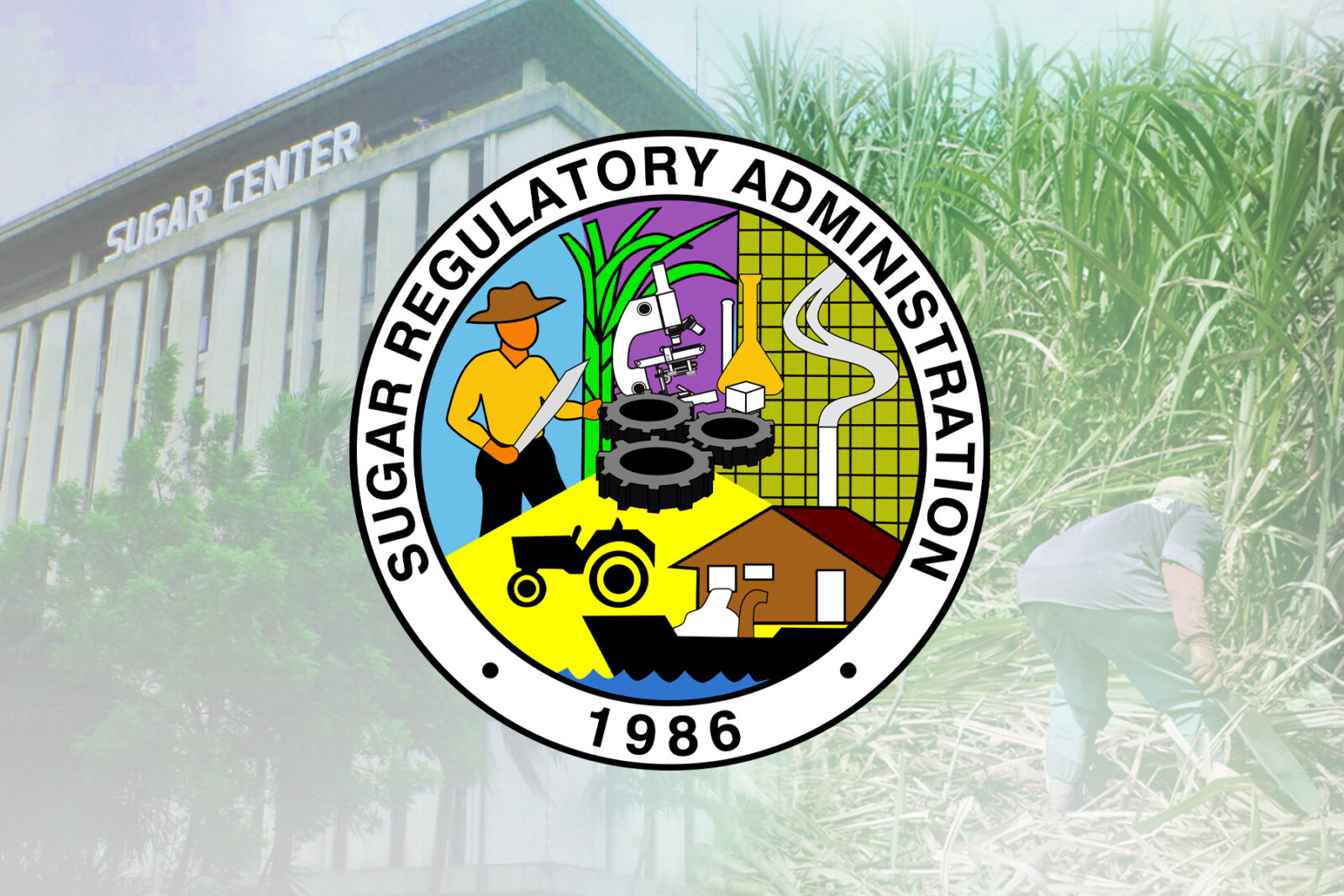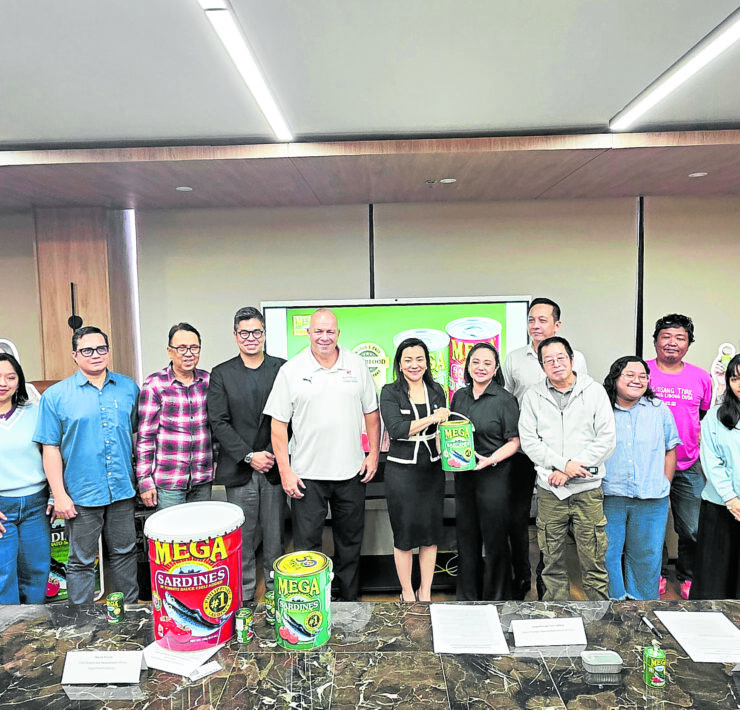Industry groups warn vs higher beverage, food costs

Major industry groups have urged the Sugar Regulatory Administration (SRA) to reconsider its new order requiring permits and fees for importing sugar alternatives, warning that the new policy could disrupt trade and jack up consumer prices.
In separate letters to SRA Administrator Pablo Luis Azcona, the Food Industry Asia (FIA) and the International Council of Beverages Associations (ICBA) urged the sugar regulator to suspend the implementation of Sugar Order No. 6 until an “inclusive” and “proper” consultation with stakeholders is conducted.
The Joint Foreign Chambers of the Philippines (JFC) and the Beverage Industry Association of the Philippines called on the government to address the broader implications of the SRA order and notify the World Trade Organization (WTO) about the new rules.
Azcona confirmed receiving these letters, copies of which were obtained by the Inquirer, and said the SRA had reached out to them to discuss the issue, claiming that their concerns were “unfounded.”
“Their fears are unfounded as these are all speculative at the moment and we welcome the opportunity to sit with them and find solutions to their concerns,” Azcona told the Inquirer in a Viber message.
To recall, the SRA issued SO No. 6 in response to sugar industry stakeholders’ “grave concern” over the alleged unregulated importation of certain “sugars” and “sweeteners” into the country.
The SRA repeatedly said the SO was intended for monitoring and generating accurate data on the inbound volume of other types of sugar.
The industry groups, however, pointed out that the SRA can just use existing data from concerned government agencies such as the Bureau of Customs instead of imposing additional fees and documentation requirements.
But for Azcona, the additional requirements “will provide SRA and the DA the accurate data we need that will enable us to effectively plan supply and demand, and ensure that we effectively serve our local farmers and the more than five million Filipinos dependent on the sugar industry.”
While the FIA, a group representing the food and beverage (F&B) sector across Asia, understands the rationale behind the sugar order, it said this may pose challenges such as delays in shipment processing, increased operational costs and logistical bottlenecks.
Unnecessary burdens
“These challenges, if not carefully managed, could create unnecessary burdens for businesses while indirectly impacting consumers,” FIA CEO Matt Kovac said in the letter.
The ICBA, an international non-governmental organization comprised of national and regional beverage associations as well as international beverage companies, flagged the lack of consultation on the directive and its scope which included products not considered as sugar substitutes.
SO No. 6 would cause not only a regulatory burden but also “shipment delays and higher costs for businesses, ultimately leading to higher prices for beverages for consumers,” said Geoff Parker, executive director of ICBA’s Asia Pacific Regional Group.
The JFC, a coalition of American, Canadian, European, Japanese and Korean business chambers and the Philippine Association of Multinational Companies Regional Headquarters Inc., raised similar apprehensions that such an order will undermine the Philippines’ competitiveness as a trade and investment destination.
“We are also concerned with what seems to be quite a stretch from SRA’s mandate by including – as part of the coverage of these added fees and procedures – finished goods/confectionary items such as white chocolate and candies,” the coalition said.





















